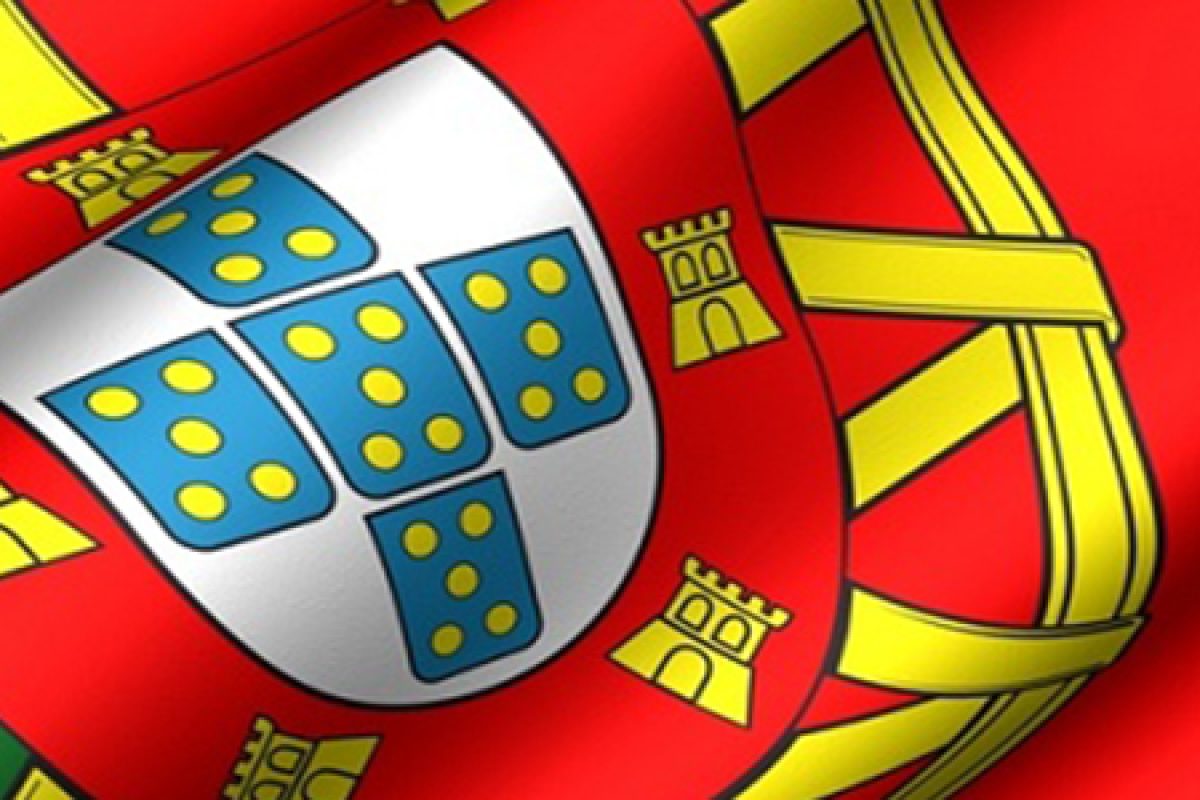The Portuguese regulator has released figures on the country’s total online gambling revenue indicating an 18 percent decrease in the second quarter, compared to the first of this year.
The Serviço de Regulação e Inspeção de Jogos (SRIJ) also showed gross revenue from April to June totaled E25.4m – a significant fall from E31.4m in Q1.
These figures come as a shock as Portugal issued its first official poker license in November of last year but there is a reason behind the reduction in revenue.
The licence was issued to PokerStars and they remain the only officially licensed online poker provider in the country.
Further to this lack of competition in the industry, Portugal, Spain, France and Italy regulate the online poker markets preventing local players from entering international pools.
This is set to change in late 2017 to early 2018 when the four European markets intend to merge, creating a communal liquidity agreement.
Spanish and French regulators have already opened up the application process for operators interested in the popular legislation change that would see gamblers allowed to bet against players from the four different markets.
Operators in Portugal also struggle with high tax rates on their online gaming, with 15 percent being taken from the first E5m an operator makes, and then an extra three percent for every E1m after that, until a cap of 30 percent is reached.
However, demanding tax rates didn’t affect the country hauling in E82m in the first ten months of their online gaming market, but it seems the initial buzz is starting to wear off.










